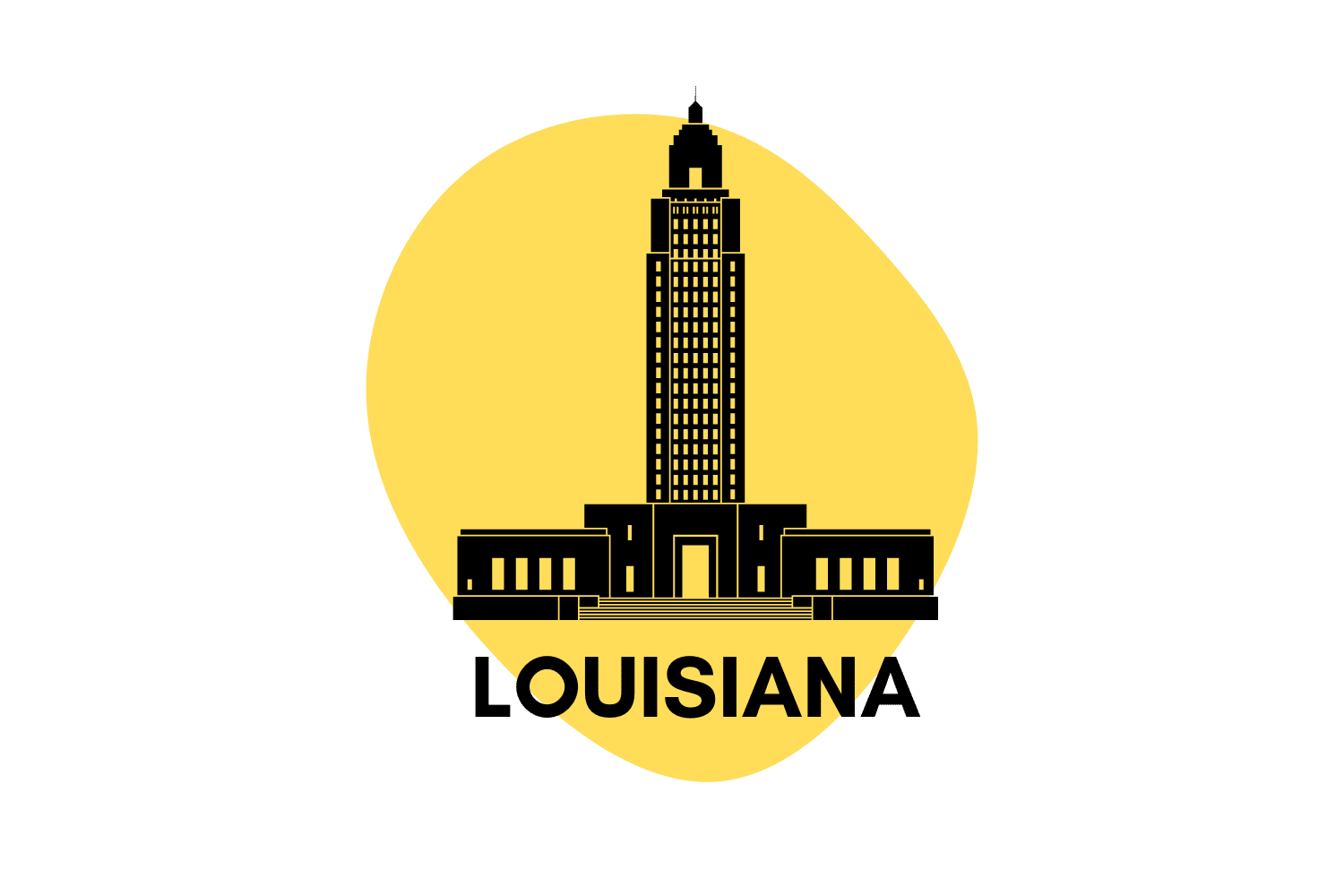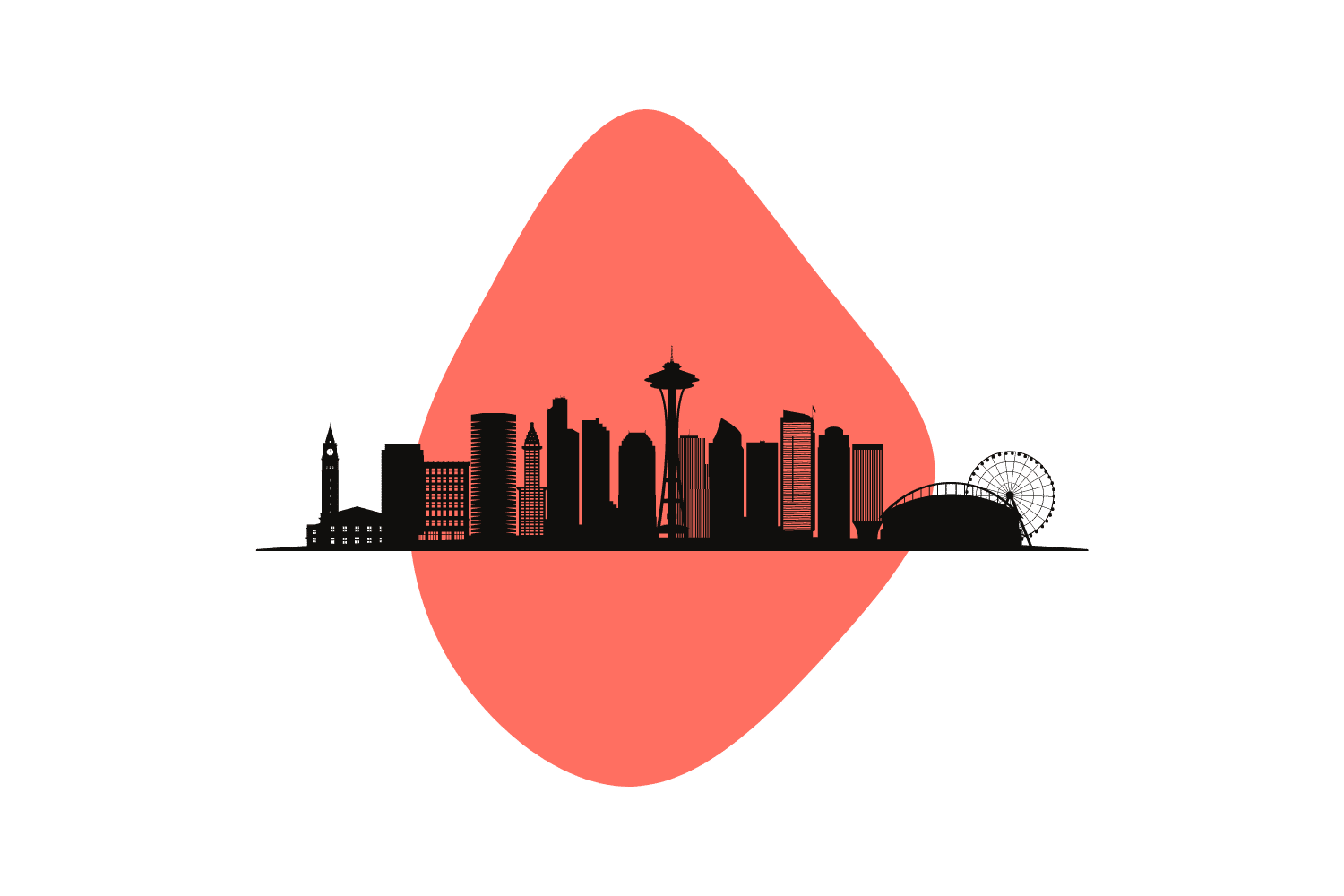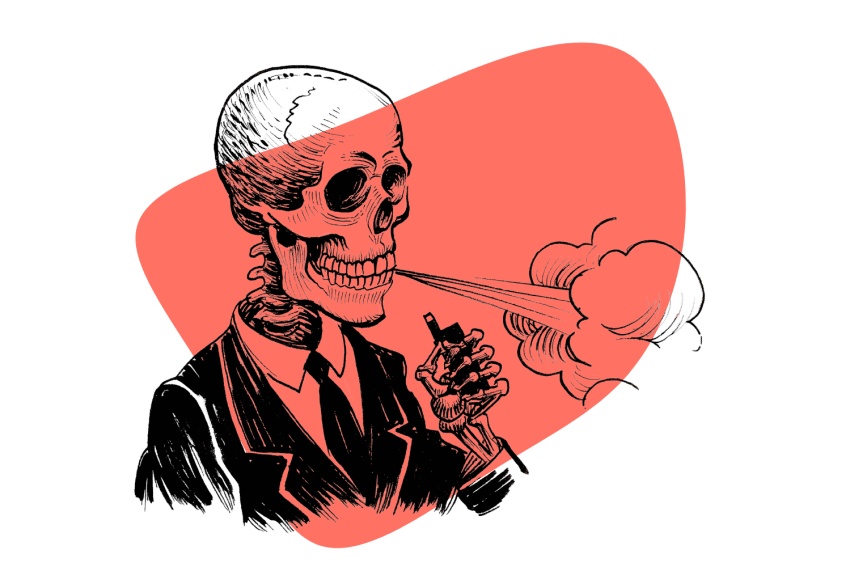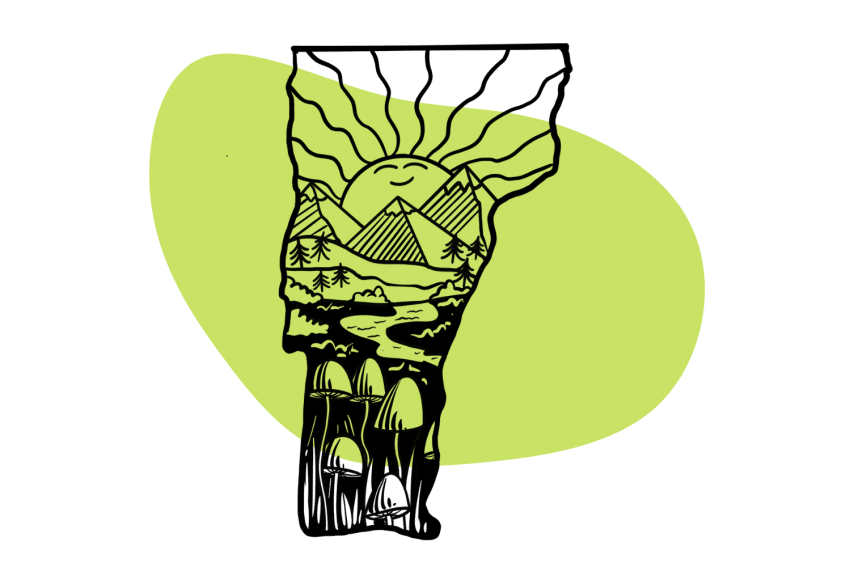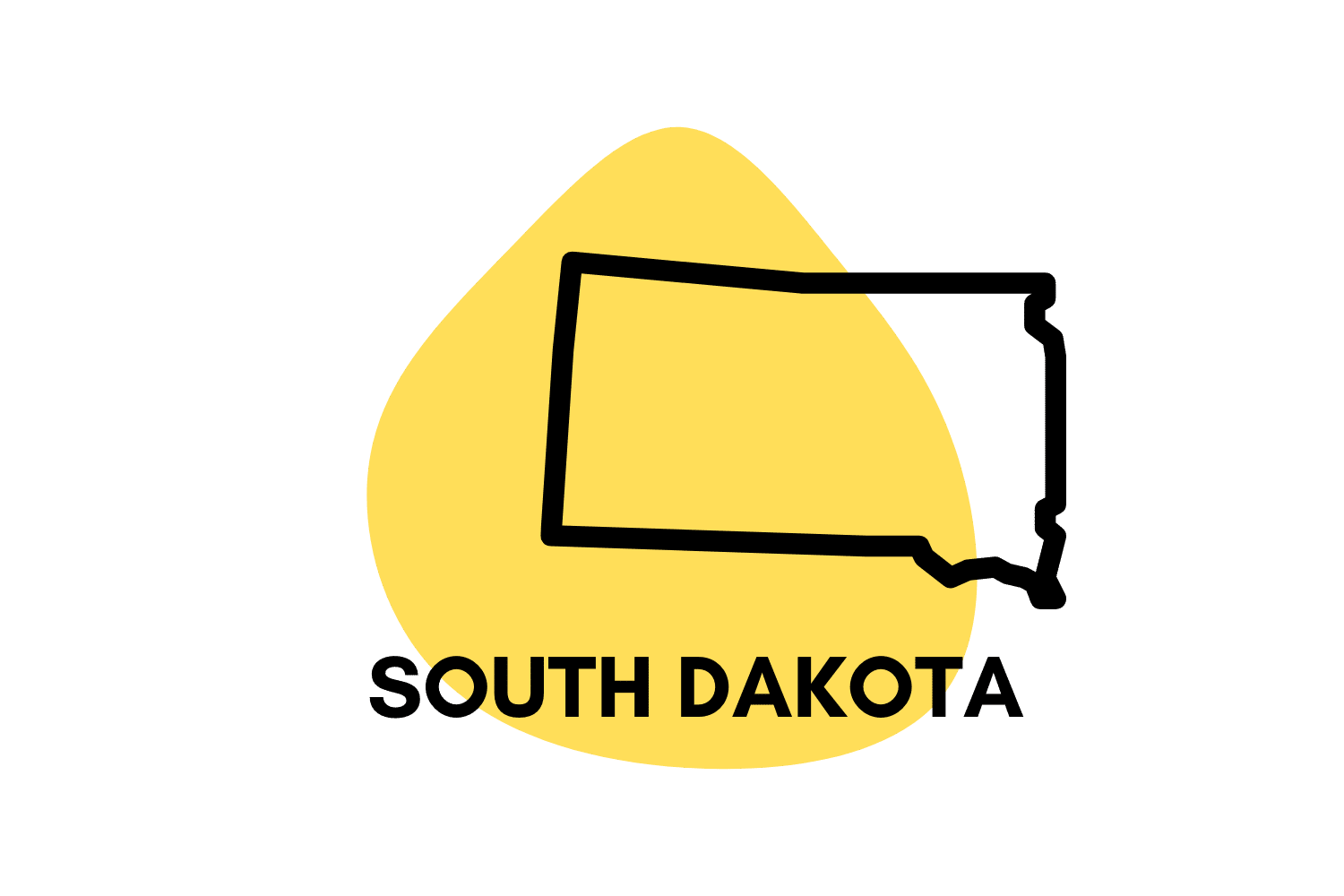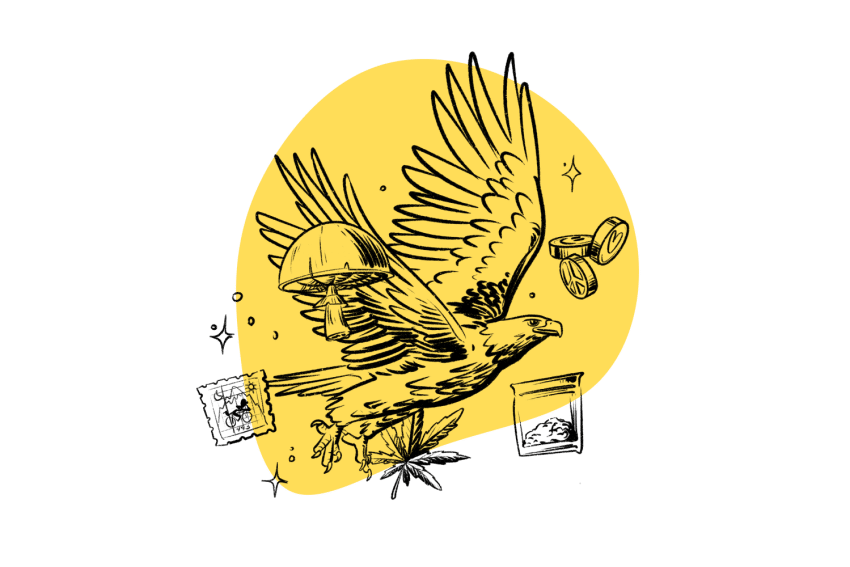The SAFE Banking Act Struggles to Find a Way Forward
The SAFE Banking Act has failed to make it into the must-pass National Defense Authorization Act (NDAA) for the second year in a row.
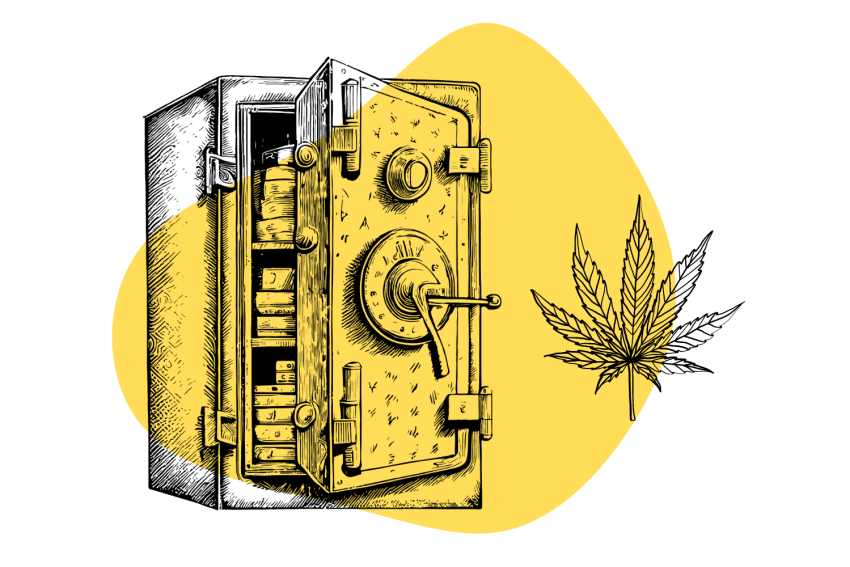
The Secure and Fair Enforcement (SAFE) Banking Act seeks to solve the banking problem for legitimate cannabis businesses. While restrictive for everyone, the initial costs associated with starting a cannabis business make it particularly hard for marginalized communities to get involved.
As a result, those disproportionately impacted by the criminalization of cannabis are unable to participate legally.
For the second year in a row, this effort has made little progress, despite attempts from several angles. Let’s discuss this bill, what it means for cannabis businesses, and whether there’s a real path forward.
What is the SAFE Banking Act?
The SAFE Banking Act “generally prohibits a federal banking regulator from penalizing a depository institution for providing banking services to a legitimate marijuana- or hemp-related business.”
Doing so would enable cannabis businesses to bank without fear and take advantage of the financial benefits. As it stands, it’s difficult for cannabis businesses to use banks, forcing many of them to operate as cash-only businesses.
Banking isn’t impossible, but small business owners face constant threats of their accounts — including payroll, savings, and other funds — closing at a moment’s notice.
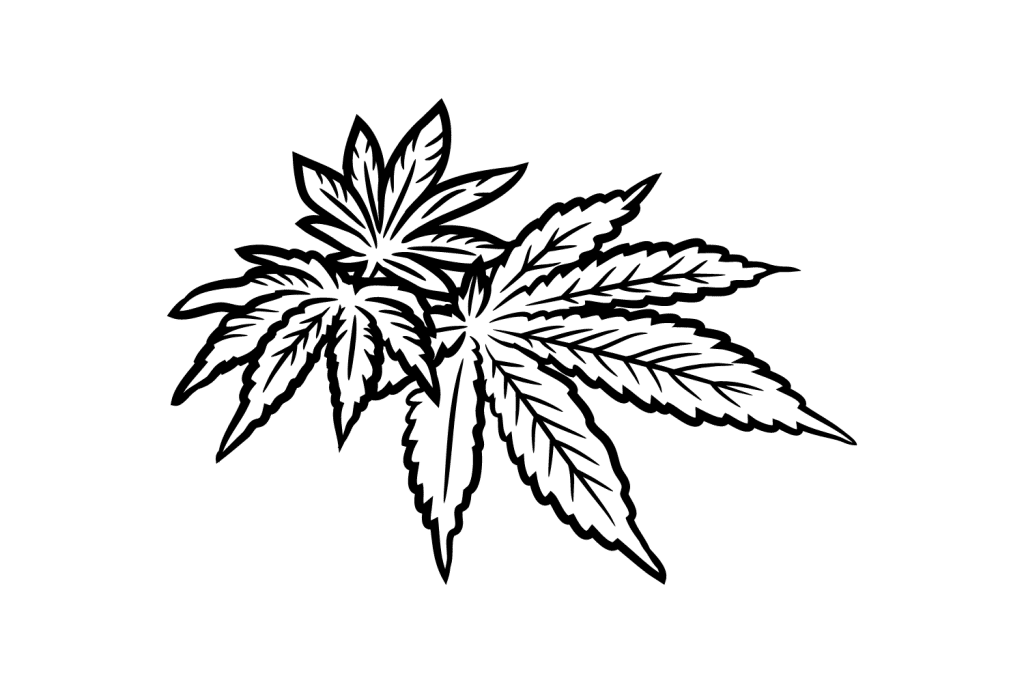
It would be far better to remove cannabis from the list of scheduled substances to ensure banks treat it like any other product on the market. Unfortunately, that’s likely 3–4 years off at best, forcing lawmakers to continue pushing this stop-gap solution in the meantime.
The Importance of the SAFE Banking Act
This bill would offer several protections to cannabis business owners.
Some of the things it would prohibit banks from doing include:
- Discriminating against legitimate cannabis businesses
- “Terminating or limiting” insurance for shares or deposits
- Discouraging other institutions from providing services to cannabis-related businesses
These protections are normal for any other business in the country. The only reason for any discriminatory action towards cannabis stems from societal stigma towards the plant.
In 2022, excise taxes from marijuana brought in nearly $3 billion for local governments [1]. Without banking protections, companies must fight to earn the right to even pay their share of these taxes.
Every year that goes by ignoring the disparity between what cannabis businesses bring to the table and how the government responds is another failure.
Problems Cannabis Businesses Regularly Experience With Banking
Not having reliable access to banking means operating in constant fear of losing the infrastructure of your business. When accounts decide to drop clients they determine to be “high risk” for operating in a fully legal capacity, small business owners have to scramble.
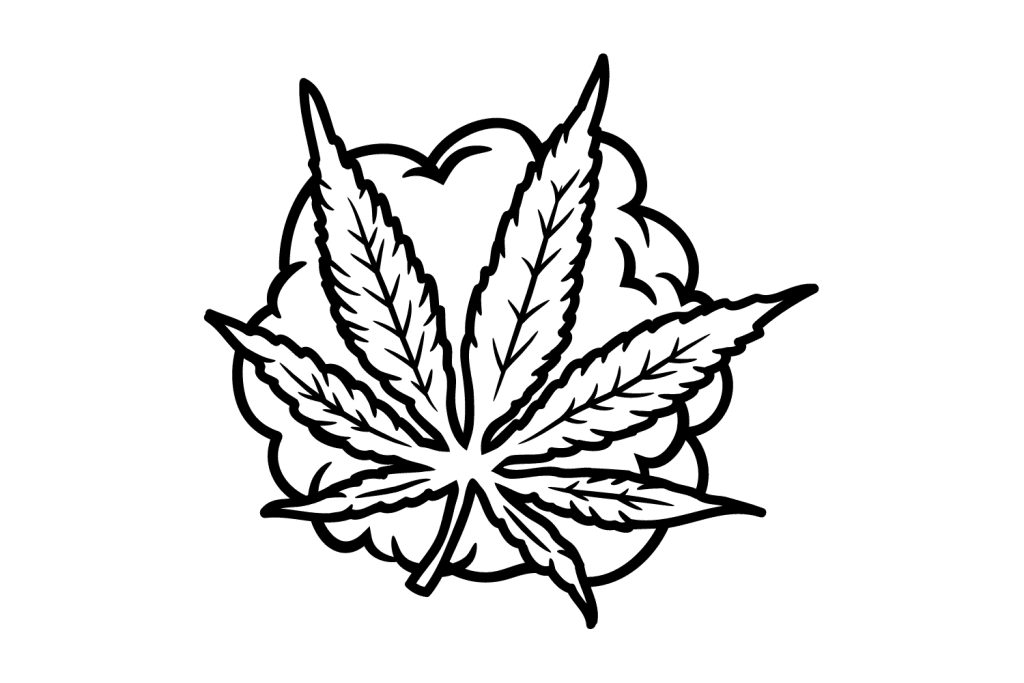
While this alone is stressful, it also makes it very difficult to seek investments from reputable sources. If banks are unlikely to even allow you to have an account, imagine how much less likely they are to loan money on your behalf.
As a result, business owners have to seek money from outside, less reputable sources with higher interest rates.
How the SAFE Banking Act Affects Women and Minorities
The war on drugs has always been racially charged. Research published in 2009 by the U.S. Department of Justice even acknowledged this. It found “the observed racial disparities in drug arrests and sentencing outcomes can not be explained by differential involvement in drug offending [2].”
This no doubt took into account the report a year earlier, pointing to the research showing that whites use marijuana at higher rates than any other race [3]. Findings like these helped to highlight the fact that this “war” existed solely to attack groups the government perceived as a threat to maintaining power.
Part of the SAFE Banking Act will require major banking institutions to report on the number of women- and minority-owned businesses they work with and how much money they provide. Illuminating the struggle toward restitution would be a huge step forward, with or without rescheduling marijuana.
Does the SAFE Banking Act Affect Hemp-Related Businesses?
Hemp companies are technically federally legal, but that doesn’t stop banks from discriminating against them. It may be easier to find a bank for hemp and CBD businesses, but it’s not uncommon to lose them, either.
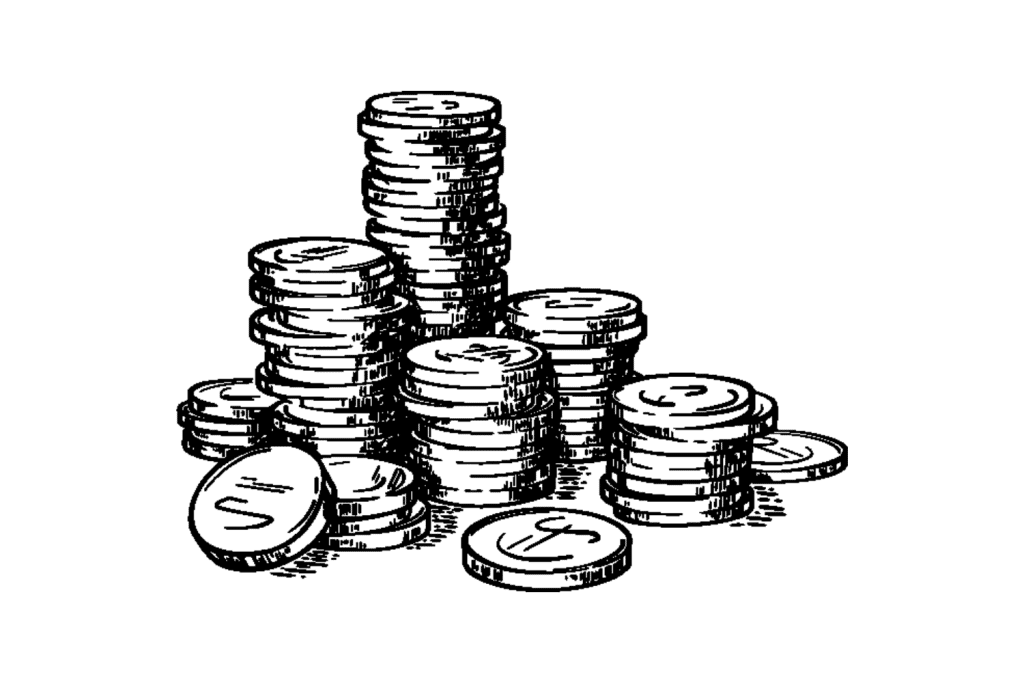
Removing the stigma of working with legal cannabis companies would go a long way in changing this. While the main intent of the bill is to help the more heavily affected marijuana industry, it would likely be a big help for hemp businesses as well.
Where Does the SAFE Banking Act Stand Today?
The future of the SAFE Banking Act is unclear, but all previous movement has reached a failing point. Attempts to pass this as a standalone bill and as an amendment for must-pass legislation have all met the same end.
It will likely continue the slow push forward and hopefully gain enough momentum to make any meaningful movement. Unfortunately, we have a government of constant inaction due to severe partisanship, leading to a reluctance to make any change.
As more Republican lawmakers support cannabis legislation reform, lawmakers’ interests may eventually shift toward supporting the SAFE Act. Until then, we seem to be in a circle of proposal – approval – stall.
What is the “SAFE Plus” Banking ACT?
While there aren’t any bills officially on the floor at this time, murmurs are starting to gather around the phrase “SAFE Plus.” Rumors circulate about this unreleased legislation’s potential to unite republican and democratic interests on the issue.
Part of this bill would include language protecting the rights of those convicted of marijuana-related crimes to own a firearm. Other parts would address the expungement of those convicted of the same.
We don’t know enough to form an opinion now on the SAFE Plus Banking Act, but it’ll require diligence. Democrats rarely compromise well, and some worry they’ll overcorrect to ensure the legislation gets through.
Is the SAFE Banking Act the Poster Child for Filibuster Reform?
The reason for the bill continually stalling through congressional sessions is the filibuster. A filibuster is when a lawmaker takes the floor to speak and doesn’t give up their time for the duration of the hearing.
In doing so, they can stall the vote on a bill past the session and effectively kill it. When this happens, it has to wait until the next congressional session to revisit it.
The Senate requires a 2/3 majority to kill a filibuster, reducing — some would argue eliminating — the power of controlling parties. For this reason, many wanted the Democrats to abolish the practice while they were in the majority in the Senate and could do so.
Operating without the filibuster makes change a lot easier and prevents the intense partisanship that has formed in the government today.
The most recent effort to pass the SAFE Banking Act fell one Republican short of avoiding the filibuster and ensuring success. Having just nine Republicans on their side instead of ten, the Democrats were unable to move forward without risking this happening despite having the majority of votes.
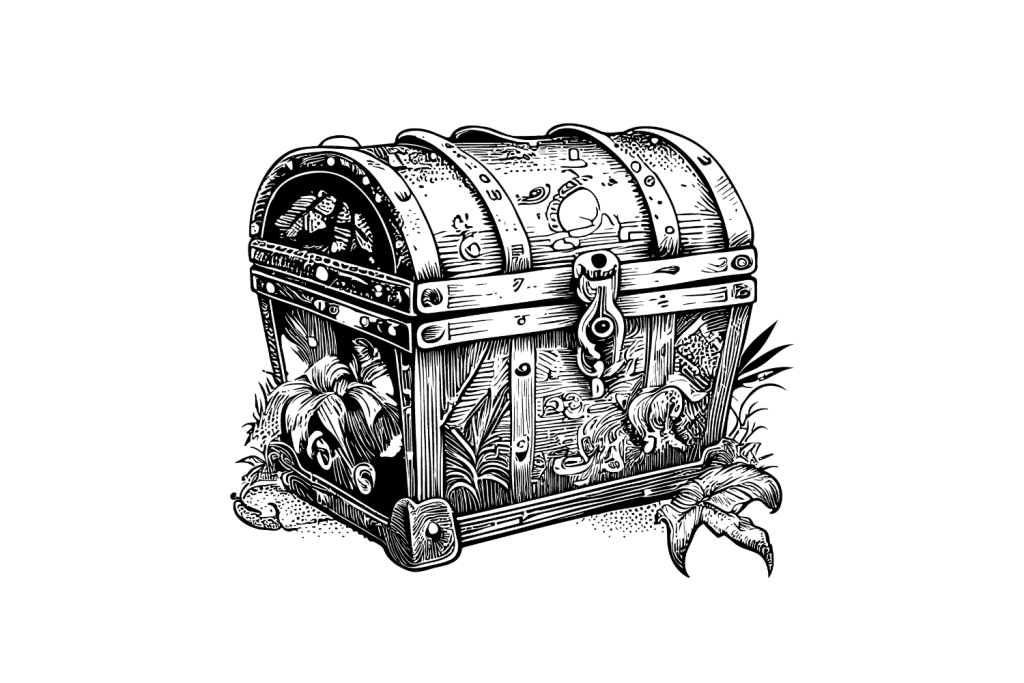
Most of the time, the risk of a filibuster is enough for legislation not to move forward, which seemed to be the case here. More Republicans are beginning to support cannabis reform, but we could have passed it over a year ago if not for the filibuster.
Conclusion: What’s Next for the SAFE Banking Act?
With all drug policies, the current framework is like a large ship with a small rudder — change happens slowly in small increments. This is unfair to the communities most affected by them, and a few lawmakers see this — though most turn a blind eye to it.
The problem with the SAFE Banking Act and other forms of cannabis reform is that they require the government to care about businesses it’s stigmatized for so long. Often, they are so stuck in the hole they’ve dug for themselves that they aren’t willing to get out.
As time goes on, we’ll have to see what the so-called “SAFE Plus” banking act turns into. We came closer than ever this year, but the government will be more Republican next year, so we continue to exist in flux.
References
- Auxier, R., & Airi, N. (2022). The Pros and Cons of Cannabis Taxes.
- Mitchell, O. (2009). Is the war on drugs racially biased? Journal of Crime and Justice, 32(2), 49-75.
- McCabe, S. E., Morales, M., Cranford, J. A., Delva, J., McPherson, M. D., & Boyd, C. J. (2007). Race/ethnicity and gender differences in drug use and abuse among college students. Journal of ethnicity in substance abuse, 6(2), 75-95.



